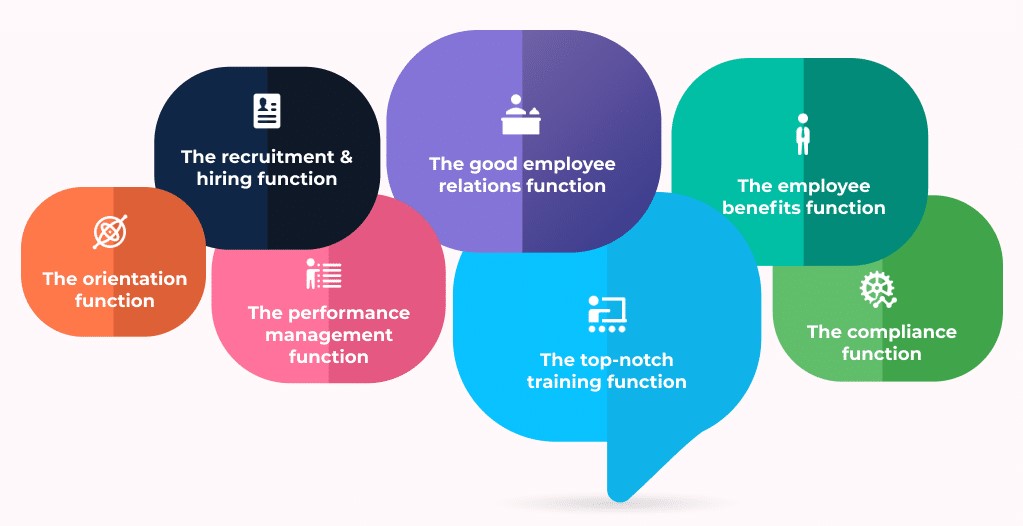A human resource manager, charged with fulfilling the objectives of an organisation, should be a leader with high intellectual powers, a visionary and a philosopher who provides the initiative to shape the future in terms of leading the human beings in an organisation towards more prosperous and progressive policies.
1.As an Intellectual
The basic skill in the human resource field as compared to technologists or financial experts is the skill to communicate, articulate, understand and above all, to be an expert when it comes to putting policies and agreements in black and white. The personnel man’s skill lies in his command over the language. A personnel man has to deal with employees and he must possess the skills of conducting fruitful and systematic discussions and of communicating effectively. He should also be in a position to formulate principles and foresee the problems of the organisation. This means that he would require the mental ability to deal with his people in an intelligent manner as well as to understand what they are trying to say.
2.As an Educator
It is not enough that a human resource man has command-over the language, which, however, remains his primary tool. He should be deeply interested in learning and also in achieving growth. Basically, human beings like to grow and realize their full potential. In order to harmonies the growth of individuals with that of the organisation, a personnel administrator must not only provide opportunities for his employees to learn, get the required training and assimilate new ideas but also, he himself should be a teacher. A personnel man who simply pushes files and attends labour courts for conciliation purposes and other rituals of legal procedure for the settlement of industrial disputes is not a personnel administrator of the future.
3.As a Discriminator
A human resource administrator must have the capacity to discriminate between right and wrong, between that which is just and unjust and merit and non-merit. In other words, he should be a good judge when he sits on a selection board, a fair person when he advises on disciplinary matters and a good observer of right conduct in an organisation.
4.As an Executive
The human resource man must execute the decisions of the management and its policies with speed, accuracy and objectivity. He has to streamline the office, tone up the administration and set standards of performance. He has to coordinate the control functions in relation to the various other divisions and, in doing so he should be in a position to bring unity of purpose and direction in the activities of the personnel department. He must ask relevant questions and not be merely involved in the office routine whereby the status quo is maintained. He should have the inquisitiveness to find out causes of delay, tardy work and wasteful practices, and should be keen to eliminate those activities from the personnel functions which have either outlived their utility or are not consistent with the objectives and purposes of the organisation.
5.As a Leader
Being basically concerned with people or groups of people, and being placed in the group dynamics of various political and social functions of an organisation, a Human resource man must not shirk the role of leadership in an organisation. He, by setting his own example and by working towards the objectives of sound personnel management practices, must inspire his people and motivate them towards better performance. He should resolve the conflicts of different groups and build up teamwork in the organisation.
6.As a Humanist
Deep faith in human values and empathy with human problems, especially in less developed countries, are the sine qua non for a Human resource man. He has to deal with people who toil at various levels and partake of their joys and sorrows. He must perform his functions with sensitivity and feeling.

